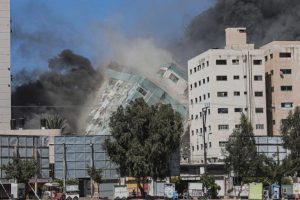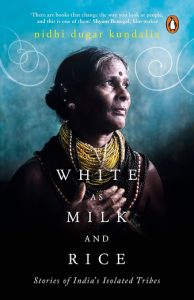Mostafa Kamal Majumder
The International Parliamentary Union (IPU) has today (September 14) called on political leaders everywhere to strengthen connections between the globally agreed Sustainable Development Goals (SDGs) and citizens’ demands for greater transparency, accountability and inclusive decision-making.IPU’s current president Saber Hossain Chowdhury has been quoted to have added, “We are inviting and challenging all parliaments to think innovatively about democracy’s future, including from the perspective of ensuring the 2030 Agenda for Sustainable Development succeeds.”
Meanwhile, speaking ahead of the International Day of Democracy the United Nations Independent Expert on the promotion of a democratic and equitable international order, Alfred de Zayas, has called on parliaments and governments to be responsive to people and not to lobbyists.
“Democracy must be lived and practiced every day. It entails much more than periodic voting, which in many cases is only pro forma, in the absence of public influence on the choice of candidates and scarce possibility of policy change,” the UN expert said, adding that democracy means a genuine correlation between the will of the people and legislation and policies that affect them, be it domestic or international.
More and more, ‘representative democracy’ has disappointed voters, because parliamentarians, once elected, rarely consult with their constituencies and sometimes take decisions that are clearly contrary to the expressed wishes of the electorate, said Zayas.
The frequent disconnect between parliaments and the people has led to a feeling of disenfranchisement in many countries, resulting in apathy, absenteeism and distrust, according to a message received here from Geneva on Wednesday.
If one juxtaposes the IPU statement against the one by the UN’s independent expert one would find the later has challenged the sustainabilty of some democracies which, in his words, have become not only ‘non-responsive’ but even ‘contrarey’ to expressed wishes of the electorate. But democracy should sustain itself first before being able to contribute to sustainable economic and social development.
What does this mean? If in the words of the expert, representative democracy has more and more disappointed voters, then is there scope for direct democracy? Clearly not. Modern countries are not Greek city states. Not even in the modern city state of Singapore is this possible. Would democracy then remain only a golden dream? How can democracy sustain itself then?
At this time of contrated basic freedoms in the wake of the outbursts of terrorism and militancy around the world, there are people we openly say, poor countries need development, not democratic freedom, to improve the lot of their people. Have the IPU and the UN independent expert made wrong statements then?
In Bangladesh’s own experience, there has been more development under democratic than autocratic dispositions. The economic indicators of the country from 1991 onwards are more than clear proofs of this. An economy which was more than 90 percent dependent on external assistance now boasts of coming close of self reliance and financing mega projects like the Padma Bridge from domestic resources.
The inherent strength of an economy is the creation of an enabling environment in which people are at peace and comfort, and invest for profit without any hesitation about personal safety and the security of investement. When the economy was opened up at a high speed in the early nineties, and a soothing breeze of confidence and stability started blowing, productions in farm, agro-based, cottage industries and in the garment sector sky-rocketed – many of those beyond the knowledge of official enumerators.
In no time the people started noticing phenomenal growths in poultry, dairy and fisheries sectors. In just half a decade dependence on extrnal assistance came down to 42 percent from five percent, economic statistics show. When people enjoy freedoms they also feel free to invest and vice versa. Here we can compare democracy with an integrated circuit, and the circuit should bind and come through all elements and stakeholders and continue to go round and round without interruptions. It’s holistic and long-term.
Democracy is healthy and sustainable when it is able integrate all stakeholders and function smoothly as a circuit with willing consent and participation of all. Only a sustainable democracy can promote sustainable development – development that shall last. (The writer is editor, GreenWatch Dhaka)




